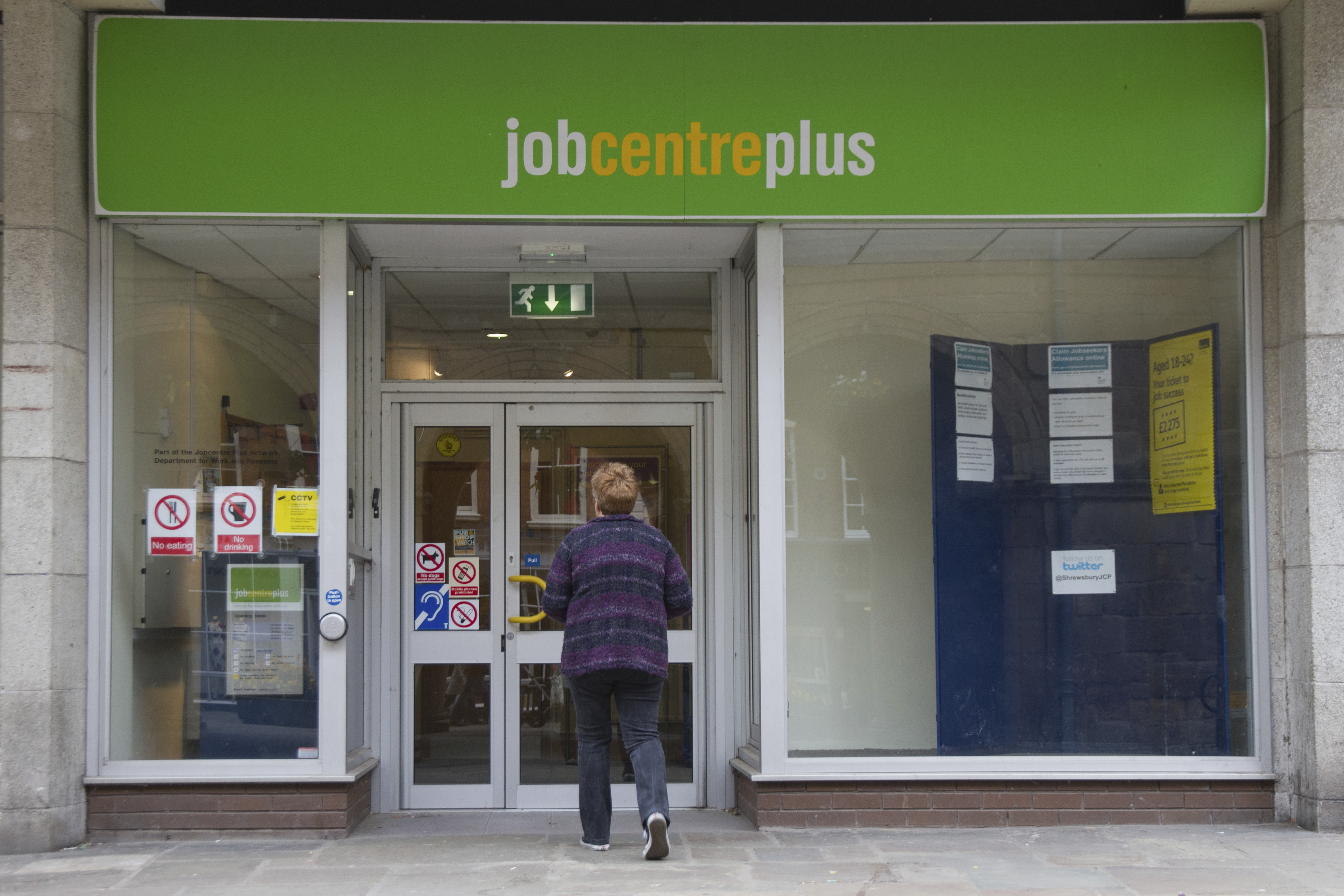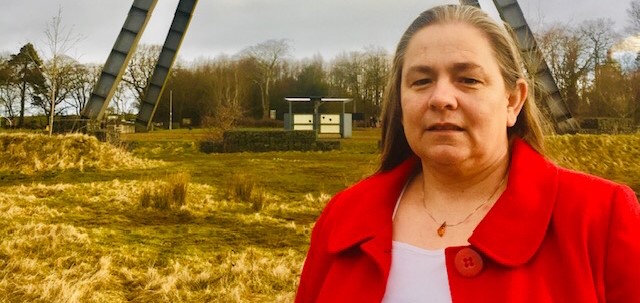Learning for change
Embracing arts, creativity and culture is critical to the survival of our movement.
Within certain areas of the media there is an emphasis on “respecting” the Establishment and individualism.
This individualism emphasises that one day you can be successful, that selfishness is something to be proud of and empathy is some kind of weakness.
But in the labour movement we dream of a better future where we share wealth collectively.
Through education and collectivism, we are stronger as a society. But how do we do this in an “instant success” culture influenced by shows like Britain’s Got Talent or X factor, which push the American dream attitude that one day it could be you?
Our education system pushes young people into particular careers which are seen as more valuable, with “successful” students seen as cash cows. But those who don’t end up in their chosen career end up feeling like failures — not to mention being shackled with debt.
Instead we should value education as satisfying in itself — a means to better yourself.
I’m the first to hold my hands up and say I am not an academic. I did not go to university or read books on politics and the movement.
I began to get involved by attending music and arts events and feeling part of a movement.
I attended a number of music and art shows which got me interested in politics and wider society.
I felt a connection to music and songs from the movement and this led me to meet like-minded people.
When I worked in a factory, I was lucky to join a workforce that was already unionised. I became a workplace rep at a young age and it was daunting to put my head above the parapet.
But through the union I attended a number of education courses — and education was something I thought I would never return to. The education my union provides gives members the confidence to become more involved. Trade unionism is the counter-culture to individualism.
We are the rebels who stand up and fight against injustice as a collective and it is rewarding to be part of positive, effective change.
‘Social into socialism’
In Scotland, Unite Community has taken a different approach to campaigning, getting creative to capture people’s imagination.
Unite Community has organised events to attract people who wouldn’t normally identify with being working class or see trade unions as a home where their voice will be heard.
We’ve organised events such as placard-making workshops that allow people to meet before rallies or events to talk about issues in a social environment and provide the materials to make handmade placards.
We also organised “video-making for change” where we ran a six-week course on how to use your phone to make videos. We found that people who initially said they were not political were keen to identify issues to highlight in their local area.
Each event is run with the idea of putting “social into socialism,” opening the door for people to get more involved in our movement.
In Unite Community throughout the country, we are organising showings of I, Daniel Blake, with over 50 screenings booked in Scotland alone, alongside People’s Assembly Scotland.
They will be held in town halls, community centres and schools as we build towards our national day of action against benefits sanctions on March 30.
I have seen how this movie has switched people’s attitudes, countering the benefits system myths pushed by politicians and parts of the media.
Jeremy Corbyn launched an art policy in Edinburgh last year which myself and Unite Community members attended. We would urge people to go and read this bold policy:
“Over the past six years, £42.8 million has been cut from Britain’s Arts Councils. Cuts to local government have meant library closures and cuts to opportunities. And for many people, work is increasingly precarious and consuming, with a lack of childcare provision and rising fees and barriers to education and training.
“Under a Jeremy Corbyn-led Labour government, that will change. Austerity is a political choice, not an economic necessity — and for every pound invested in the arts, £1.06 is generated for the economy.
“At the heart of our plan to rebuild and transform Britain, we place a vision for a well-funded, independent, dynamic arts sector.”
It’s no secret that the Tories attack the creative industries tenfold because they know that cultural events are a way for people to become switched on politically and start talking to each other.
Local council budgets are being cut, removing local spaces, halls and community centres are there for us as trade unions — so resistance is crucial.
We can create a better society through art, music and culture, building the collective and supporting each other.
- This article first appeared in the Morning Star on February 14.
 Like
Like Follow
Follow


